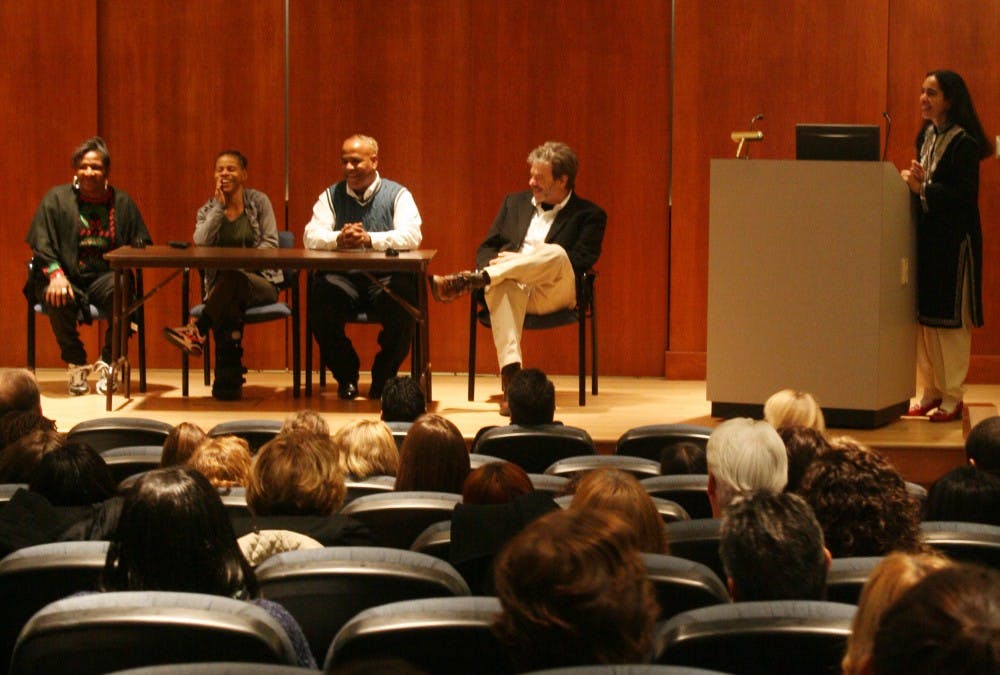In what amounted to a State of the Union address on the University’s efforts to cure and stymie the spread of HIV, a group of researchers presented their findings Wednesday in honor of World AIDS Day.
From a topical gel that curbs the transfer of HIV to producing enzymes that train cells to “ignore” the virus, researchers presented their findings before a crowd of about 130 that gathered in the Center for Bioinformatics for the twelfth annual World AIDS Day Symposium.
Prema Menezes, associate director for UNC’s Center for AIDS Research, said she created the symposium to promote awareness of HIV/AIDS and its effects.
Since the virus became known in 1981, HIV has become one of the most prevalent and damaging health issues facing our world, with more than 30 million people infected.
World AIDS Day, a UNAIDS-sponsored event, is dedicated to increasing awareness and raising money for research combatting the disease. Every year, researchers who specialize in HIV gather at the University to discuss the newest developments in the field.
“Its important for us as a community to keep this problem in the public eye,” Menezes said.
This year, eight speakers addressed different developments in HIV research, including preventative strategies, antiretroviral treatment and demographic risk factors.
One of the most significant developments discussed at the symposium was a microbicide gel presented by Angela Kashuba, a professor in the Eshelman School of Pharmacy.
Collaborations between the Center for AIDS Research and other international organizations have produced results that have proven successful in preventing the transfer of HIV, like the CAPRISA 004 gel that was successful in half of its trials.




